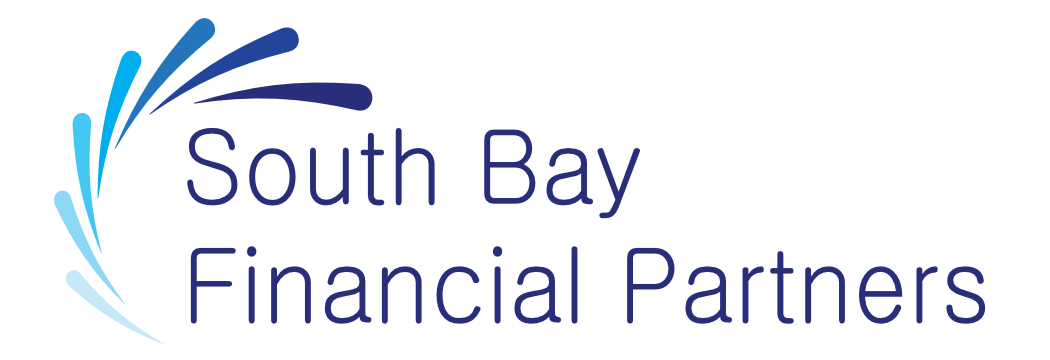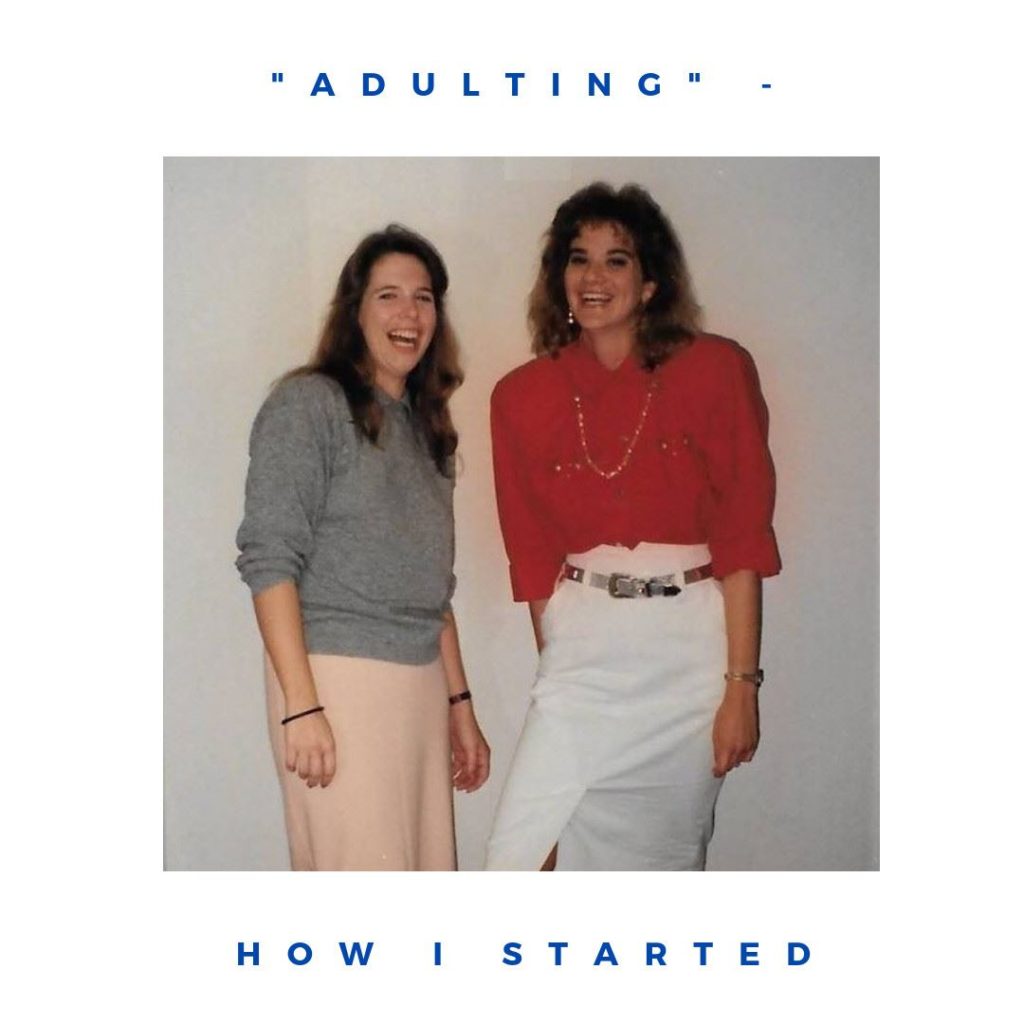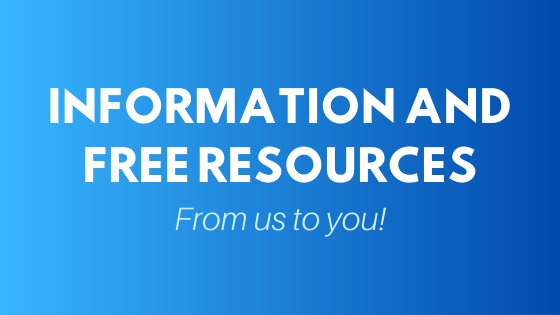“How am I doing financially? Am I ok?” I hear these questions frequently. And there are other frequently asked questions. “Do I have enough money for emergencies?” “How will I pay for college for my kids?” “Can I afford to spend money for [fill in name of your dream money sink hole] now?” Whether they want to buy a new car or remodel their kitchen or they get a sinking feeling when the stock market drops, most people are uncomfortable regarding their finances. Frankly, being a little nervous about your finances is a sign that you’re paying attention which is good.
“If I buy this car now, will that impact my vacation plans?” Maybe. It’s not a simple question to answer. If you have read past articles, you’ll know that I’m a big proponent of “spend less than you make,” a concept that’s easy to understand and, oh, so difficult to execute. If you spend less than you make, you should have a stash of cash to use for things like buying a car — without needing to take out a car loan. Okay, so far?
PC: Unsplash
Three concepts to consider when spending money
1. Money in the bank is for spending, right?
“If I have enough cash in the bank to pay for the car, I can afford it, right?” I used to run the numbers for people to see how reducing their net worth by $XX,XXX will impact their goals. Even that seemingly simple question may not have a simple answer. Sometimes, it’s easier to reach long term goals if you move the money for it out of your bank account and into a long-term saving account.
2. Don’t just consider THIS purchase.
Sharon and Steve like to cook. They spend all their free time in the kitchen. A big part of their budget is spent on food and pots & pans. They spend less than they make and have a budget that works for them. They asked me whether they can afford to remodel their kitchen to make it a really wonderful place to cook in. I looked at their lifestyles and how that expenditure might impact their overall objectives. The numbers said yes, they have been saving money and have no debt; they should be able to afford the new kitchen and still meet their other goals.
I also knew that, if they remodeled the kitchen, there was a good chance they’d go out for dinner and entertainment less because they’d be enjoying their new kitchen. I knew they wouldn’t be back next year asking whether they could afford to buy a fancy car or go on a luxury trip. Cooking is their passion, and the remodeled kitchen will help make their lives more enjoyable for years. Sharon and Steve aren’t spending to make themselves happy. They are already happy, and their new kitchen can help them enjoy their hobby even more.
Zach and Kimberly asked me whether they could afford to buy an expensive car. I looked at the numbers and, yes, they could afford to buy that car. It wouldn’t impact their long-term objectives much. But they always struggle to spend less than they earn. They often turned to debt to pay for things they want. Given their spending habits, they will likely be back next year wanting to take their family to Asia. The year after they will want to remodel the basement. Their list will go on and on.
The new car will make Zach and Kimberly happy right now, but they probably won’t really be satisfied or happy in the long run. They need to reflect on the “need” they are trying to satisfy and address that first. Are they just bored, looking to impress their friends, or in some other way not happy with their current car? Until they know the answers to those questions, they shouldn’t buy that expensive car.
When making any important decision about spending, you need to stop and think about your values and your long-term goals. Think about a major purchase you made five years ago. Do you even remember any? If you do, is it important today? Is there something you’d like to buy today that is more important than that was? What might you want to buy five or ten years in the future? Is that more important than what you’re thinking about buying today? Money spent today is money that you don’t have tomorrow for something that may be more important to you.
3. Money Doesn’t Buy You Happiness
Money enables you to have choices, but there’s no guarantee that it will make you happy. Much research has been done on people who received a windfall of money and spent it within a few years, buying everything they thought would make them happy. In the end none of those purchases increased their level of happiness at all, and they often ended up as poor as or poorer than they were before. (As a matter of fact, a study showed that even the neighbors of a lottery winner often ended up poorer in the long run, too!) What went wrong?
Someone recently said, “The people I know who ‘made it’ and are wealthy are the only people that know what money can’t do for you.” If you’re thinking “if I only had more money than…, I’d be” – happy, respected, secure; know that those feelings can’t be purchased by money. You have to find happiness yourself. And it could be as simple as changing the stories you tell yourself.
Your Budget Tells Your Story
Spending less than you make is the goal. If you find it difficult to achieve this consider what’s important in your life and make sure that every dollar is used to enrich your life and bring you satisfaction. We find that apps like YNAB can help you get organized, see where your money is going, and make sure you get the most out of every dollar. Take control of your spending and don’t let marketing, your friends, or your family make you feel badly about how you live your life and spend your money. Let your budget tell your story and be proud of it.
Ready to Gain Control of Your Financial Situation?
Enter our BRAND NEW Financial Coaching Program.
Our Financial Coaching Program is truly the first of its kind, and allows you affordable access to a financial planner. Most Financial Planning options are set at an incredibly high price point. Not this program. This program is affordable and is aimed at working on all things finance 101 – still alongside an experienced financial planner!
This program allows us to easily serve as your financial coaches and help steer you in the right direction. We’ll accomplish this through a series of meetings in which we establish tangible goals to work towards, and discover your emotional drivers behind all of the decisions you make. By coupling your goals and your “Why?”, we’re able to help keep you on track by channeling your core values rather than just throwing numbers at you.
Once we’ve established your goals and your “Why?” we take a deep dive into your current financial life.
Accountability and follow through are keys to the success of this program, and are why we firmly believe that, together, we will be successful in reaching your goals.
With the South Bay Financial Partners Financial Coaching Program you can expect to live a less stressful and more fulfilling life by changing the way that you manage your finances.
Interested? Schedule a call with us HERE to learn more!







About The Author: Tara Unverzagt
More posts by Tara Unverzagt